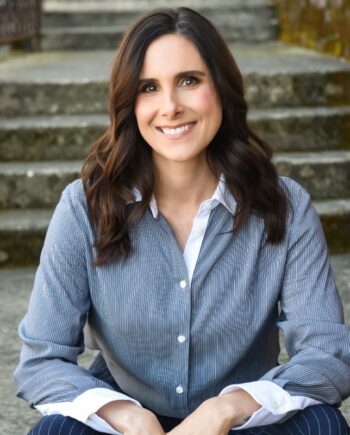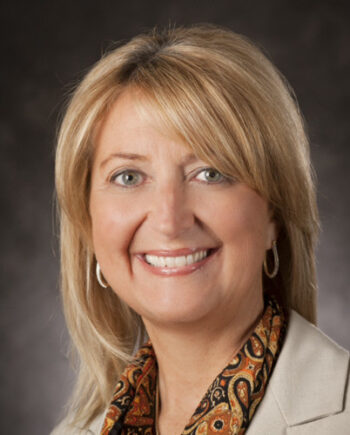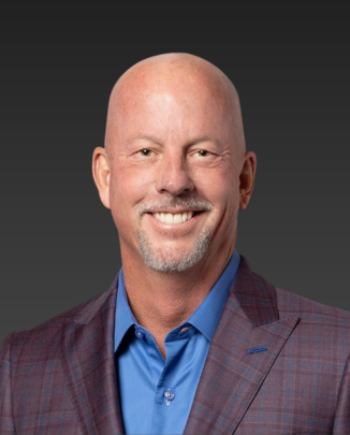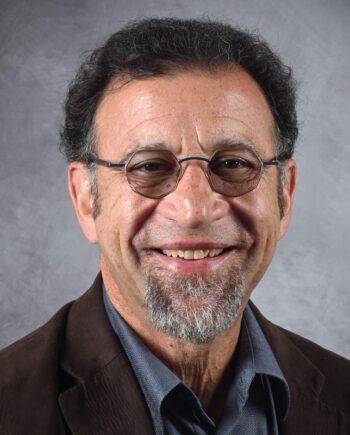
Expensive health insurance costs have driven many Americans to find other options to secure their health. The continually rising health insurance premium made it more difficult for financially-challenged people to safeguard theirs and their family’s health. It is no surprise, therefore, that many people are opting for medical cost-sharing.
Healthcare or medical cost-sharing is not a new method. It has long been practiced in certain faith-based organizations across the country. It allows a group of people with the same belief to share their medical bills.
Medical cost-sharing is very different from the traditional health insurance that we know.
In the health insurance system, a large group of people is registered or insured. Health insurances offer contracts and premiums. As a member, you can avail of any health services without worry. But it only gives access to providers affiliated with the insurance.
Medical cost sharing, on the other hand, does not guarantee payments based on a contract.
Medical Cost-Sharing does not have policies or plan documents the way that insurance does. They are governed by a set of guidelines that all members voluntarily agree to. You don’t have to worry about going to a specific health provider, you can choose to go anywhere you want.
Another clear difference between the two is transparency. Patients are not informed of how much tests and checkups cost as it will all be changed to the insurance.
Medical cost sharing, on the other hand. is open. Patients and their families will know exactly how much each service cost.
Sedera is a nonprofit medical cost sharing community. It was created to offer an innovative non-insurance approach to managing large health care costs and to provide an alternative to this reality.
Jamie Lagarde, CEO at Sedera Health explained that the company was formed “to provide a better alternative and provide better outcomes for people, especially during these challenging times.”
He explained, “COVID-19 has highlighted the fractures in our current healthcare system, and we need to remove those unnecessary barriers to care. And we’re simplifying the process for everyone who wants to be a part of it.”
Jamie wants to make a difference in the country. He knows we can do better as a country, and he and his team at Sedera are making that happen.
According to Jamie, one of Sedera’s core beliefs is “everyone needs access to health care.” Health insurance is not the only way to pay for it.
“With Sedera, what people are doing is they’re literally setting aside funds and an account held at an FDIC-insured bank. And those funds are being set aside to share for the needs of the community that come in every week. And funds from other community members go directly to reimburse those members for their medical needs.”
“Members are sharing directly with other members. This type of model is flexible. There’s no provider network. Community members can find and visit the provider of their choosing.”
The Sedera system seems to be effective. Jamie happily shared that he and his wife along with Tony Dale, the founder, and chairman, have joined the group. In the process of really personalizing and taking charge of his health, he saved $17,000 for the first year they became a member of the Sedera system.
When you buy something, you scrutinize everything about it. You read reviews online. You check the price, the durability, and many more. We need to take that same attitude when it comes to healthcare.
If after much consideration, you decide you want the ease and convenience of health insurance, then do it. If you decide you want the transparency and affordability that medical cost-sharing offers, you will be welcomed with open arms.
Listen to my interview with Jamie here: https://outcomesrocket.health/sedera/2020/07/
According to the 2020 Centers for Disease Control and Prevention report, roughly 34.2 million Americans have diabetes,...
Read MoreAs a farmer, Rod was used to long days. He worked 18 hours a day, 7 days...
Read MoreWith investors receiving hundreds of pitch decks every year, how do you create a compelling presentation that...
Read More
Brittany Busse Co-Founder, President, and Chief Medical Officer at
ViTelHealth


Stephen Thorne Founder and CEO at
Pacific Dental Services

Keith Carlson Nurse Career Coach